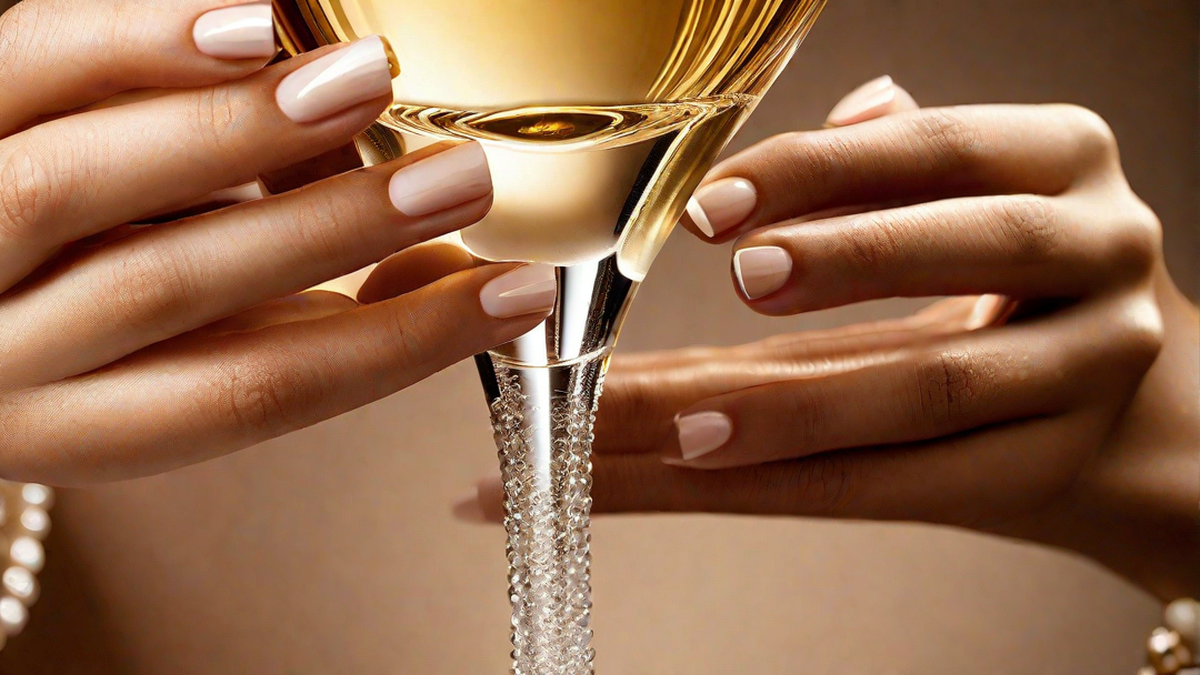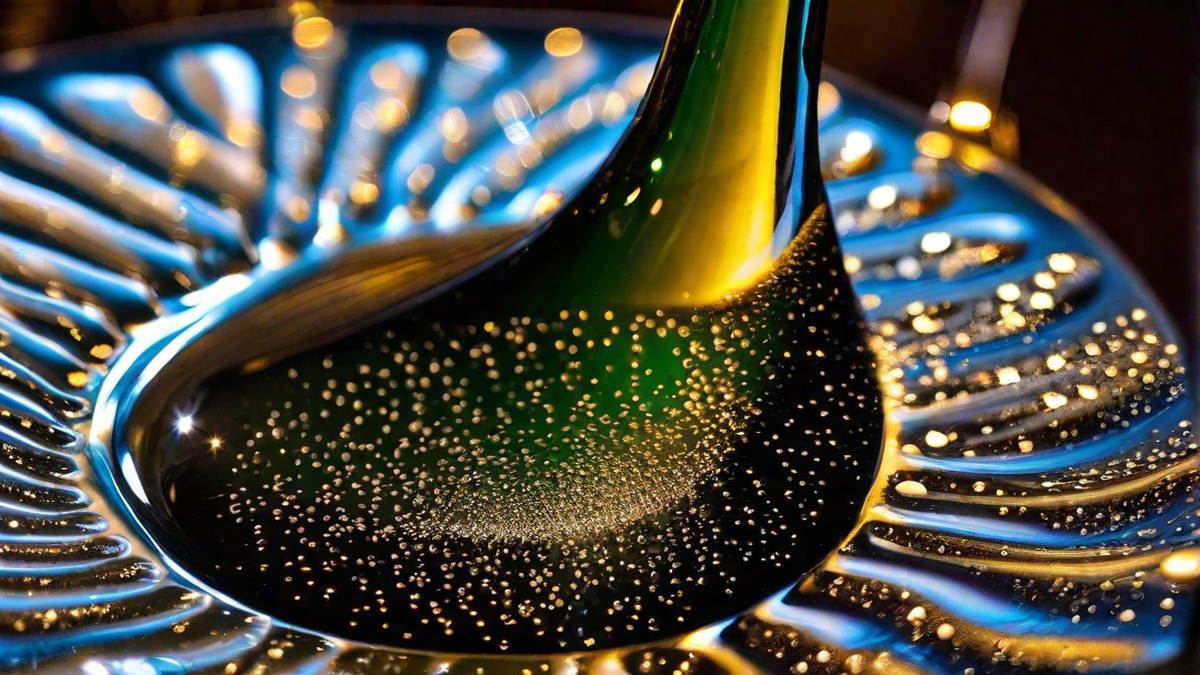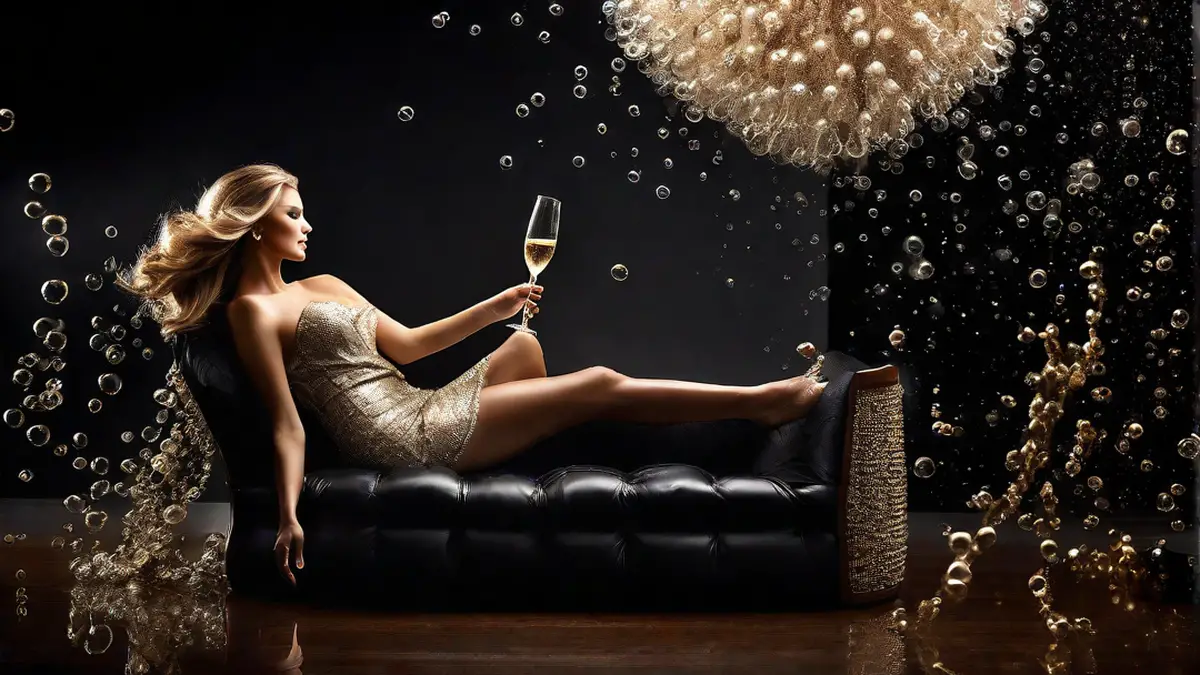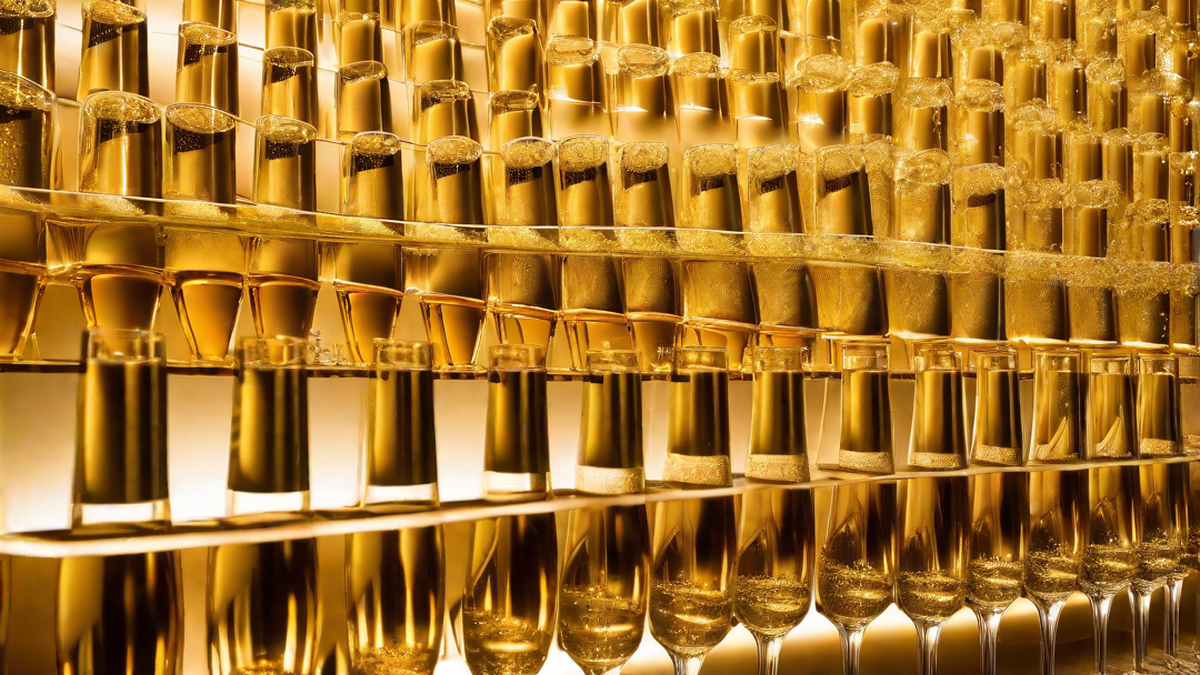Champagne, the bubbly beverage that is often associated with celebrations and momentous occasions. It is a delightful libation that adds a sense of sophistication to any gathering. However, what occurs when there is leftover champagne after the bottle has been opened? How long can champagne be enjoyed once it has been unsealed? Let us delve into this subject and examine the scientific principles behind the fizz.
As a wine enthusiast, I must admit that I often find myself savoring a glass of champagne long after the initial pour. There’s something magical about the way the bubbles dance on my tongue, and I find it hard to resist the temptation to savor every drop. However, the reality is that champagne has a limited lifespan once it has been opened.
When you pop the cork and let the bubbles escape, the process of oxidation begins. Oxygen starts to interact with the wine, altering its taste and aroma over time. This process is similar to what happens to other wines once they are exposed to air. However, champagne is particularly delicate because of its carbonation.
So, how long can you expect your opened bottle of champagne to stay fresh? The general consensus among experts is that you should finish it within 1-3 days. This timeframe is based on the assumption that you store the champagne properly.
When it comes to storing opened champagne, there are a few key factors to consider. Firstly, it’s crucial to reseal the bottle tightly with a stopper or a champagne saver. This will help minimize the contact between the wine and the air, slowing down the oxidation process.
Secondly, storing the bottle in the refrigerator is essential. The cold temperature will help preserve the freshness and the effervescence of the champagne. However, it’s important to note that champagne shouldn’t be stored in the fridge for an extended period, as the low humidity can dry out the cork.
Another factor to keep in mind is the quality of the champagne itself. Higher quality champagnes, with finer bubbles and more complex flavors, tend to hold up better once they’ve been opened. On the other hand, lower quality champagnes may lose their sparkle and become flat more quickly.
It’s also worth mentioning that the storage time for opened champagne can vary depending on personal preference. Some people may be more sensitive to the changes in taste and aroma that occur with oxidation, while others may not notice a significant difference.
While it’s tempting to keep a bottle of champagne open for an extended period, it’s important to remember that the flavors and aromas will gradually degrade over time. The once vibrant and lively bubbles will lose their sparkle, and the taste may become a mere shadow of its former self.
In conclusion, I must admit that it’s a bittersweet reality that champagne cannot last indefinitely once opened. While it’s possible to enjoy a glass or two for a few days, it’s best to savor the champagne while it’s fresh and at its best. So, the next time you pop open a bottle of champagne, raise a glass to the bubbles and the fleeting moments of joy they bring.




